The Tennis Gentleman's Dilemma: When Spectator Carnival Overwhelms the Dignity of the Arena
In the second round of the French Open men's singles, Spain's Munar lost to French rising star Fez in a five-set battle. After the game, Munar bluntly criticized the French crowd: "They kept singing, causing the game to be interrupted, making it impossible for the game to go on properly... The game shouldn't be a circus. He pointed out more sharply that the French crowd was arguably "the most disturbing spectator", deliberately interfering with players on their serves, and even disrupting the rhythm of the game with small gestures between sets.

In the face of accusations, the winner, Fez, showed a very different attitude: "I think the French audience is one of the best, if not the best. You go to Australia to play the host country, or you go to New York to play the American and those guys scream in your ear for three or four hours, what can you do? You can't complain about the audience, you don't have a choice. The response was modest on the surface, but in fact it was subtle, both deflecting criticism with "no choice" and rationalizing the distractions of local audiences, suggesting that this is the norm that professional players must endure.
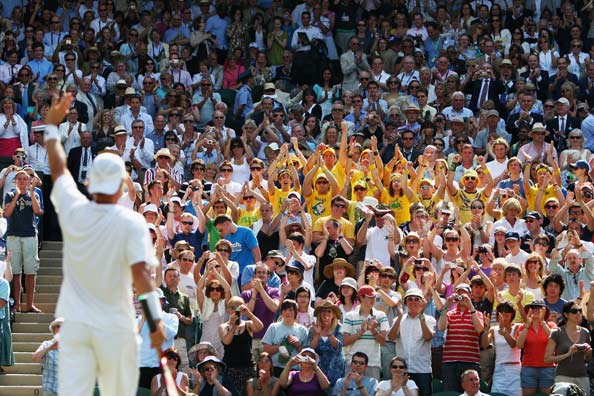
Fess's defense raises a deep question about sportsmanship: Is it a modest dismissal by the hosts' players, or is it a deliberate glorification of the injustice of the game by the victors?
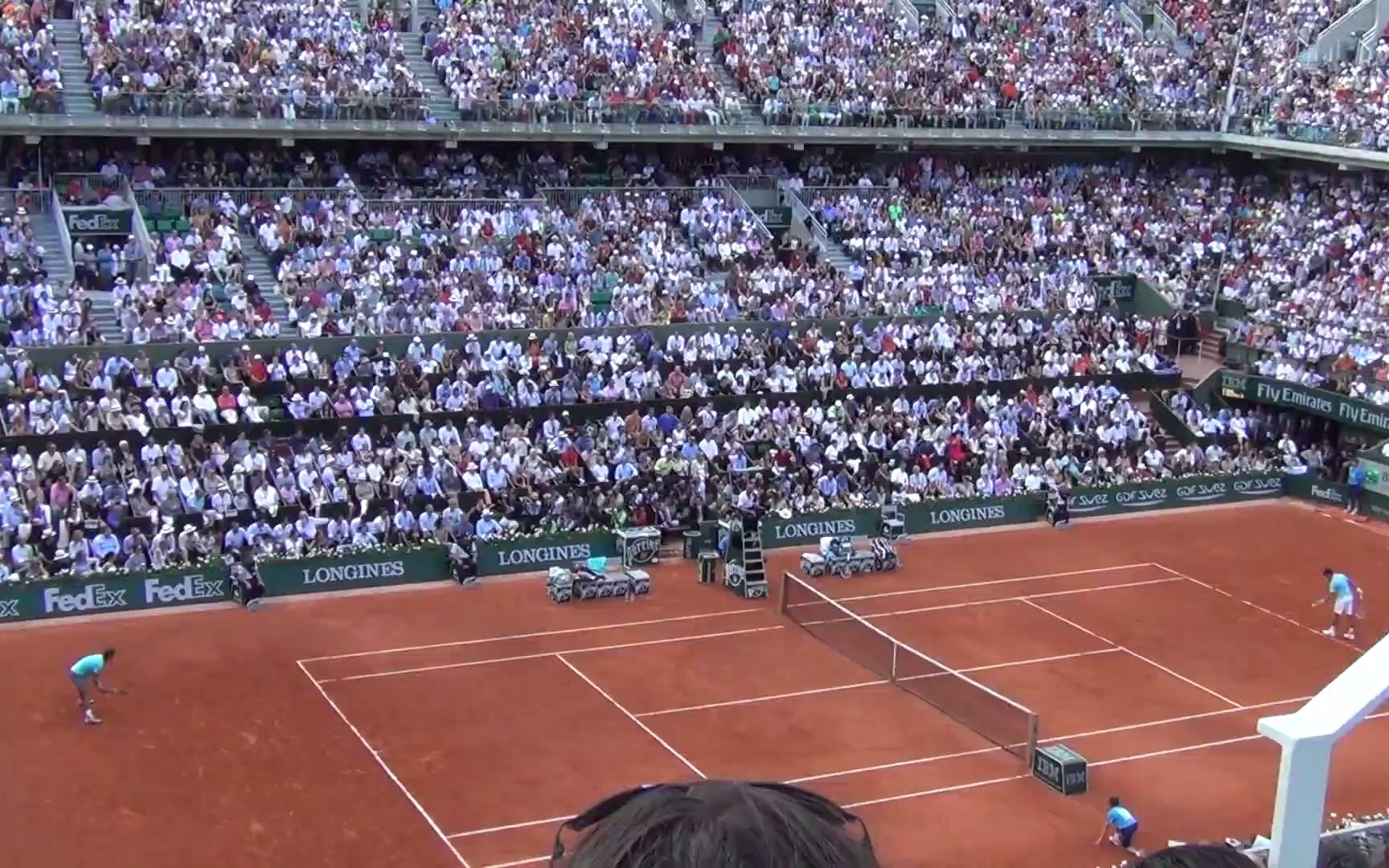
The "national mood" of the French audience has long been openly troubled by the tennis world. In the first round of the 2012 French Open, Serena Williams lost to local veteran Lazano in the boos of the whole court, and said in tears after the match: "It's really hard to fight against the whole crowd, and it's really not a good feeling to hear the crowd applaud your mistakes." A similar trauma is engraved in Sharapova's memory, when she cried bitterly in 2008 after losing due to the constant interference of the audience: "Today I somehow offended the city, should the audience learn to respect me?" ”
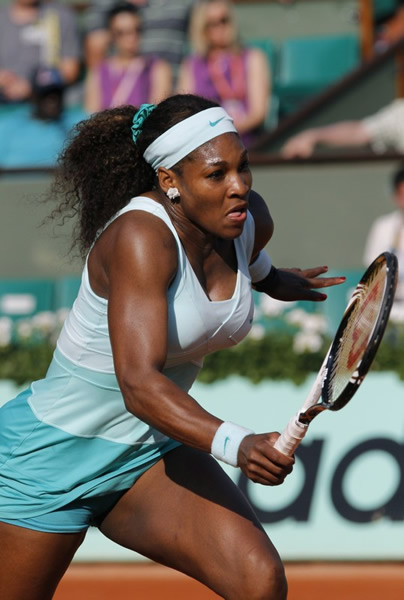
The contrast between the words and actions of the spectators on the global stage is stark: in South America, the frenzy of football culture is known, and the fans bring unrestrained cheering to the tennis courts, as exemplified by the first-round Mayan matches and Fonseca's matches; In East Asia, spectators are more inclined to restrain and introvert viewing etiquette, and Japanese tournaments even train commentators to organize spectators to applaud after exciting rounds; In France, Roland Garros has developed a unique "nationalist", often supporting local players by disrupting opponents.

Behind the differences in the behavior of tennis spectators is the deep collision of civilizations and traditions. Confucianism has shaped the unique sports ethic of East Asia. Confucius emphasized: "If a gentleman has nothing to fight, he will also shoot!" Let it go up, go down and drink, and its contention is also a gentleman. This philosophy of competition as a way of self-cultivation has led to the development of a unique ritual of "loser drinking" in traditional archery – the humility of the winner and the dignity of the loser. To this day, East Asian spectators still regard quiet spectators as a basic respect for athletes, and Japan has even trained professionals to guide spectators to cheer reasonably at major events.

South America and France, on the other hand, the collective carnival gene of Latin culture is deeply rooted in the bone marrow, and the stadium is regarded as a place for emotional catharsis; The radical nationalism cultivated by the French Revolution was alienated in the stadium into the antagonistic logic of "those who are not of our race must have different hearts". When Munar bluntly said that France "has too much national sentiment and sometimes crosses the line", it is actually a conflict between the values of individual competitive spirit and collective nationalism

Tennis has been positioned as a "gentleman's sport" since its inception, and its rule system is based on mutual respect. Professional etiquette requires the audience to: enter the table in advance; Be absolutely quiet on the serve; The phone is set to silent; not using flash when players are preparing; Walking is only allowed during breaks. These seemingly cumbersome regulations are actually the core barrier to maintain the spirit of the event.

In the face of the cultural clash brought about by globalization, tournament organizers need to take more resolute measures: first, technical isolation, enabling intelligent sonar systems during sensitive service periods, locating and warning persistent noise sources; Secondly, cultural education is indispensable, and a multilingual etiquette promotional video is played before the game, especially emphasizing that the "national anthem cheering" that the French audience is good at should be carried out during the break, and then the referee will be authorized to learn from the experience of the US Open, and give the referee the power to expel the spectators who have repeatedly violated the rules; Finally, a good atmosphere on the pitch needs to be guided by players who encourage stars such as Federer to explicitly protest when they encounter interference, breaking the "polite silence" dilemma.
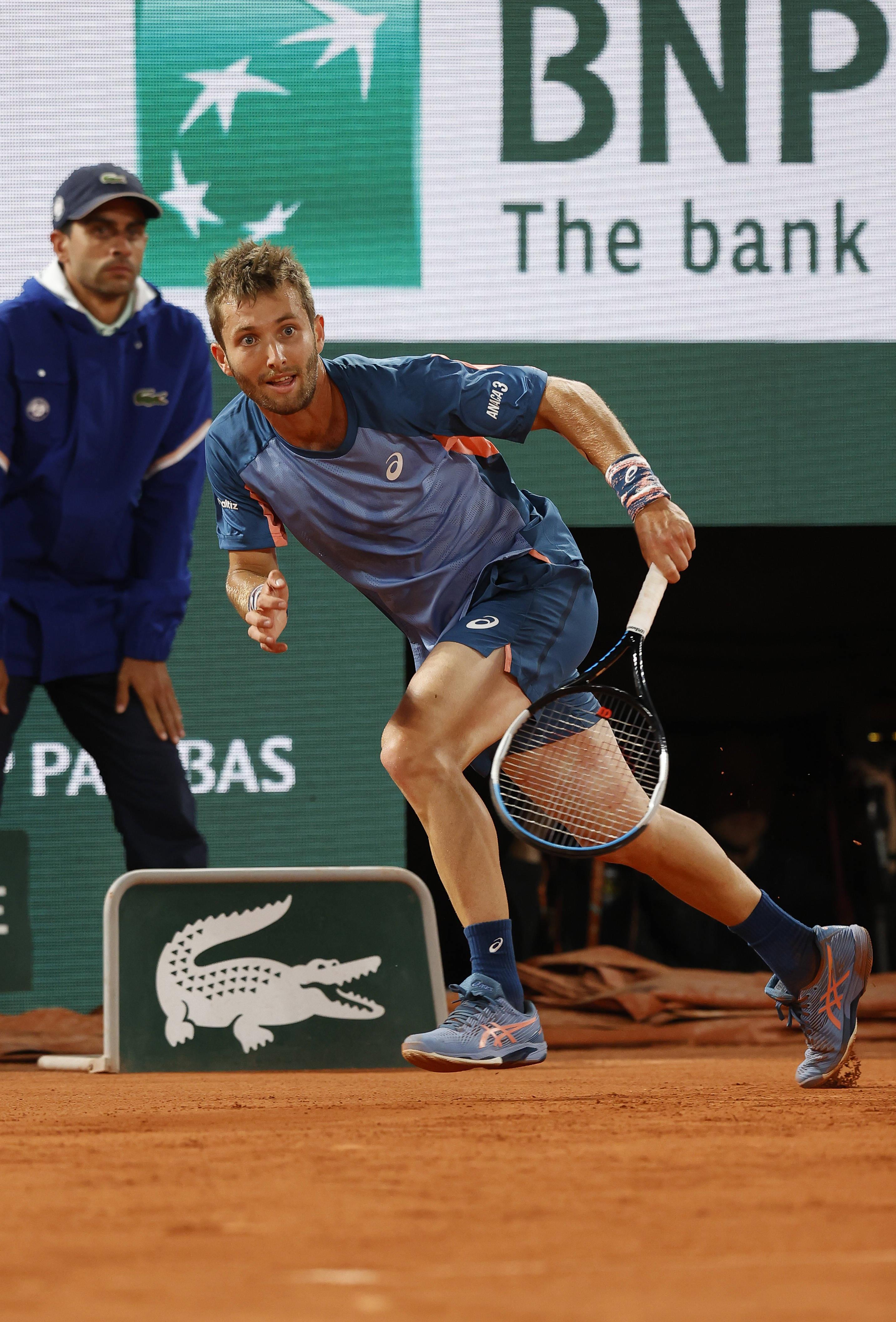
When Faith says, "You've got to get used to it, right," it inadvertently reveals the harsh reality of professional tennis — players are forced to compromise with the disorderly conditions of the court. This compromise, while pragmatic, is eating away at tennis' most cherished aristocratic spirit.

On that afternoon of 2012, when the audience was outraged, Federer's "Shut up" revealed the deepest dilemma of tennis: when the carnival of nationalism drowned out the dignity of the individual, when the passion of the spectator degenerated into violence, how could this gentleman's sport originating in the court protect its noble soul?
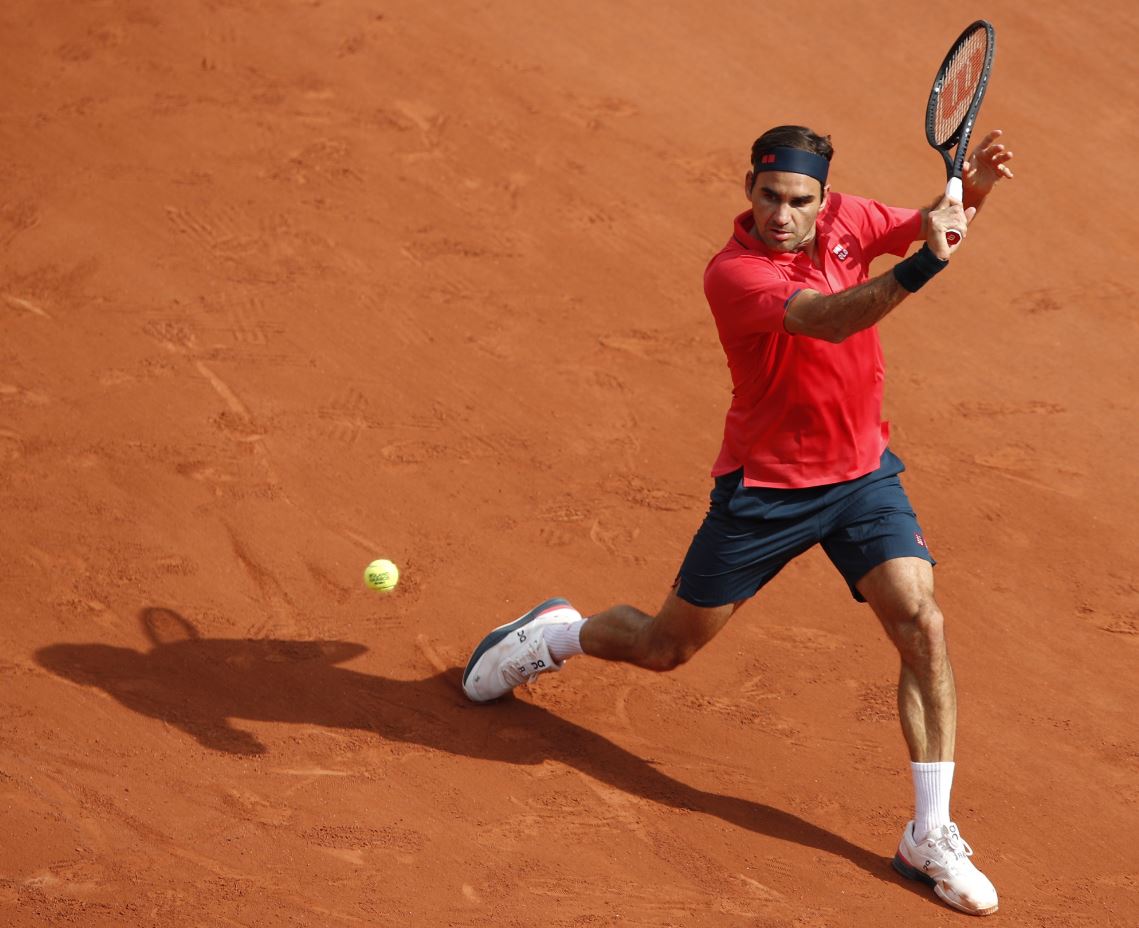
Feth's "adaptation theory" reflects the compromise of the younger generation with reality, but compromise has never been a tradition in tennis. The crisp sound of a racket colliding with a tennis ball, the breath-taking moments in the spectator seats, the subtle flow of respect between players and spectators – these are the glorious moments of tennis that continue to shine after three centuries. Only by making the audience understand that true love is not to turn the court into a battlefield, but to listen to the power of tennis heartbeat in silence, can the sport maintain the bottom line of dignity in the face of the upheaval of the world.
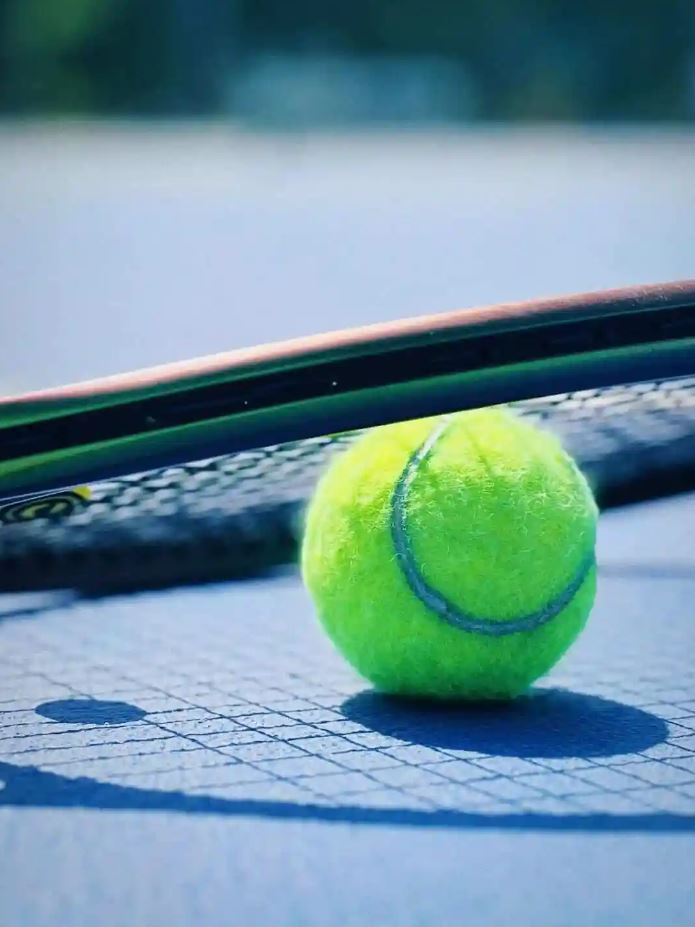
When Roland Garros's clay returns to the rising sun, may tennis return to its noble essence – not a noisy feast of the circus, but a temple shared by warriors and gentlemen.(Source: Tennis Home Author: Xiaodi)







 Links
Links
 Contact
Contact
 App
App


